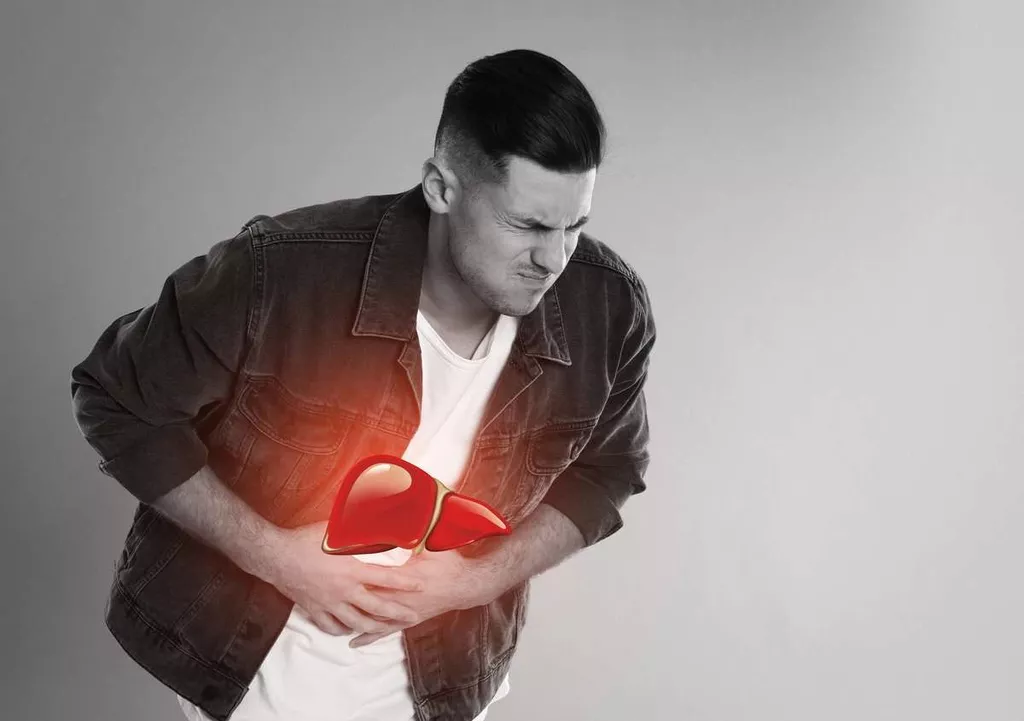
Counseling and therapy help people find motivation for entering rehab, garner positive reinforcement and learn to overcome underlying causes of alcohol addiction. Rehab facilities may also offer medications that help people abstain from drinking. Most addictive substances, including alcohol, affect the pleasure and reward center in the brain.
Causes and risk factors
- Contact AspenRidge Recovery today to learn more about our programs and take the first step toward recovery.
- Although there are different types of alcoholics, alcoholic personalities, and tolerances, the health effects are the same, especially long-term.
- In a world full of easy access to dopamine triggers, we’re more vulnerable to addiction than ever, Lembke said.
- We’re ready to make sure you have the support you need to achieve lifelong recovery.
- If you’re concerned about someone who drinks too much, ask a professional experienced in alcohol treatment for advice on how to approach that person.
- Give us a call and we can help find the right treatment program for you or your loved one – even if it’s not ours!
Providing a range of social services, programs, and facilities to individuals and families in need. Offering a range of programs and support to strengthen families and why is alcohol addicting individuals. Providing a wide range of social services, programs, and facilities to individuals and families in need.
- The information we provide is not intended to be a substitute for professional medical advice, diagnosis or treatment.
- The temporary “high” resulting from alcohol use can provide a sense of relaxation and pleasure, which helps people cope with stressful situations.
- If Danny won the lottery, he’d start a tech company focusing on deep learning to support people in coping strategies.
- “But we still need more evidence, including longer-term studies.”
Treatment Can Be Life Changing. Reach out today.
In addition to producing feelings of pleasure and satisfaction, these chemicals also act as natural painkillers. Different people’s brains react differently to alcohol and may have a genetic predisposition. Reward and pleasure centers in the brain become overloaded, causing cravings for those emotions again.
What are the long-term effects of alcohol?

Alcohol addiction is often perceived as a physical dependency, but the psychological aspects of addiction can be just as powerful; and sometimes even more challenging to overcome. Psychological addiction to alcohol involves a deep emotional and mental reliance on alcohol, making it difficult to quit even when the physical effects are managed. This invisible struggle is often overlooked, yet it plays a critical role in sustaining addictive behaviors. If you have severe alcohol use disorder and you stop drinking completely all at once, you could experience serious withdrawal symptoms, such as seizures.

Alcohol Addiction As a Medical Condition
Check with your doctor about the safest way to cut back if you’re used to regularly drinking marijuana addiction large amounts of alcohol. Other drugs besides naltrexone can help with different parts of your treatment. For instance, your doctor may prescribe a drug called disulfiram. If you drink alcohol while it’s in your system, you’ll feel physically sick. This reaction can help discourage you from drinking alcohol. Physical alcohol addiction occurs when the body becomes dependent on it and requires more alcoholic substances to experience its effects.


The point there is when psychopaths are drunk, they’re reckless. They engage in lots of antisocial and aggressive behavior. That It might not be addiction, but it might reflect the specific externalizing relevant manifestation of drug use.
- You can choose from different types of therapy such as alcohol counseling, cognitive behavioral therapy, mindfulness-based therapy, or couples or family therapy.
- Moreover, the large amount of alcohol their bodies are exposed to is thought to cause more stress to their organs than if the drinks were metabolized over time.
- This is known as a psychological addiction because the act of drinking alcohol becomes habitual and they need it in order to feel good or like their normal selves.
- About 90 percent of heavy or binge drinkers don’t meet the criteria for a clinical diagnosis of alcohol addiction.
- Individuals who drink heavily also should be careful not to stop suddenly because the effects of sudden withdrawal can be dangerous.
She spends most weekends in the mountains hiking, fishing, 4-wheeling, and camping. Jill is an avid photographer and particularly enjoys Colorado sunsets. If she won the lottery tomorrow, Jill would create a pet sanctuary where the community would unite. Give us a call and we can help find the right treatment program for you or your loved one – even if it’s not ours! If you think you or someone you care about has alcohol use disorder, here are some next steps you can take.

Comment (0)